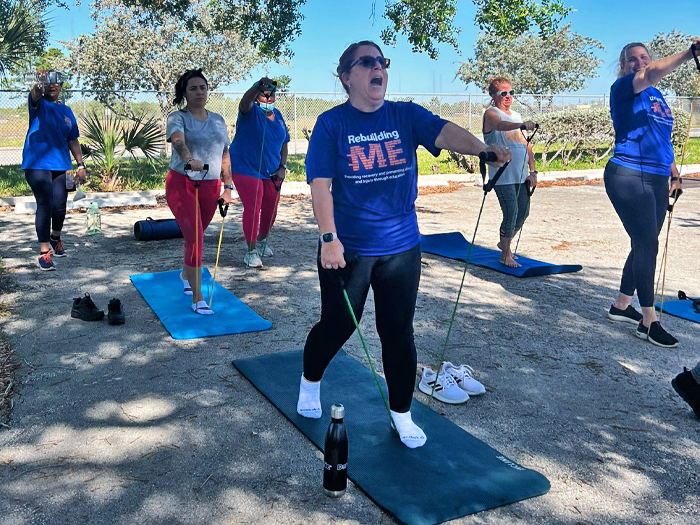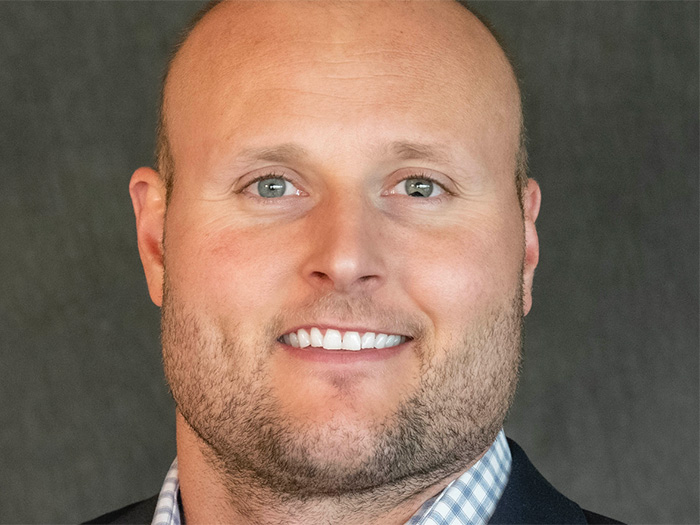Health & Safety
Survey: What Employers Value Most in Wellness Programs

“Companies who adopt a true culture of health better position themselves for increased profitability in the long run,” said Dr. Ronald S. Leopold, practice leader in health outcomes for Willis North America’s human capital practice. “More organizations are realizing that the expectation of an immediate return on investment for their wellness programs through medical cost reduction is unlikely.”
Leopold’s comments followed the release of the company’s annual health and productivity survey tracking employer trends. The survey included more than 700 participants, including companies with less than 100 employees to those with more than 10,000.
Overall, the survey indicated employers are taking a different attitude toward their wellness programs. Instead of focusing on return on investment from the programs, many see themselves as value on investment based.
“In other words, the majority of employers have gone beyond the traditional rationale of putting wellness programs in place for the sole purpose of lowering health care costs,” Willis said in a statement. “Instead, value on investment organizations look to justify investment in health management and wellness programs based on many factors, including employee morale, work site productivity, employee absence and workplace safety, in addition to medical cost reduction.”
The self-described value on investment companies said they are:
- More likely to value building a culture of health than organizations with an ROI focus — 66 percent compared to 51 percent.
- More likely to value building teamwork and morale than organizations with an ROI focus — 48 percent compared to 25 percent.
- More likely to be concerned about improving productivity with their health management programs than respondents from organizations with an ROI focus — 51 percent versus 40 percent.
Despite the increased focus on value over immediate ROI, employers indicated they are still concerned about medical costs. In fact, about half said they are more concerned for the next three years than the past three years.
“With a projected increase in medical trend in 2016 and the looming Cadillac Tax in 2018, the business imperative to lower medical costs will continue to be a top priority,” the statement said. “In fact, the survey results suggest that more employers are broadening their strategies beyond the scope of traditional wellness and utilizing more focused, data-driven solutions to achieve sustained cost reduction.”









